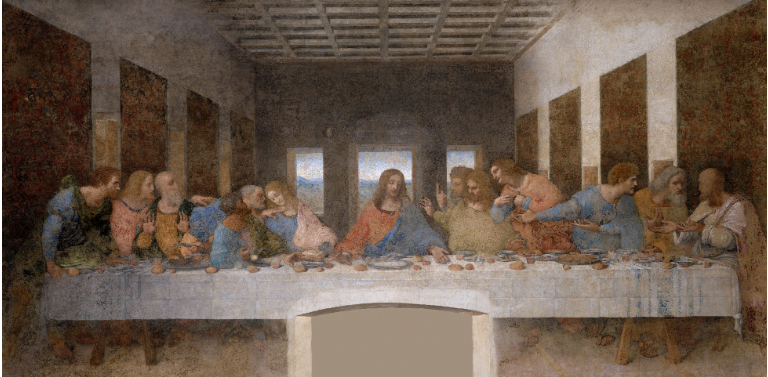Empress Wu by Amina Radoncic
- Dec 12, 2022
- 3 min read
Amongst the sea of long reigning men of her time, Wu Zetian was a woman that would create an eternal legacy of female greatness in both China and the rest of the world. Her fifteen year reign was especially notable due to one eye-catching aspect - she was the first and only female emperor of imperial China, rising from a concubine to a fierce ruler. More notably known as Empress Wu, she was responsible for having an incredibly powerful regime, but would fall victim to an unfortunate end.

The story of Empress Wu’s ascension to the throne is one that encompasses decision making that may have been ruthless, but was one of great ambition that can easily be compared to that of other men throughout history. However, hers is one that appears to be subject to far more criticism than that of her fellow male leaders. Initially a concubine of Emperor Taizong at 13, she would later join the court of Emperor Gaozong and begin her seize of power by accusing Gaozong’s empress, Empress Wang, of strangling her infant daughter due to jealousy. Gaozong would proceed to side with Wu and exile his wife, making Wu Zetian his new empress. This would only be the beginning of the development of her mercilessly cruel reputation, as she would be blamed of murdering her child for the sake of removing the threat of Empress Wang. Despite the accusations that would be made against her, Wu Zetian would still continue on and become the true ruler of China in place of Gaozong, who was experiencing declining health and was unfit for the throne. Following his death, she’d essentially have power on behalf of her ruling sons, but would finally claim the throne for herself and establish the Zhou Dynasty in 1690.
Empress Wu’s reign as the leader of the Zhou Dynasty would go on to last for a grand total of 15 years, with her downfall being the very trait that helped her acquire immense power - her ambition. She accumulated great strength and authority, but with that came the development of foes. As a result, her paranoia took over and she became convinced that she was being plotted against. In response to her desire to maintain her throne, she began ordering the executions and banishings of countless people. Empress Wu’s reign finally came to an end when she was forced to give up the throne, being replaced by her son.
Despite her eventual demise, Empress Wu still acquired a plethora of accomplishments over the course of her rule. Nevertheless, she is still incredibly criticized by historians time and time again. Wu is continuously painted as a vicious and inhumane leader who was willing to grow her strength by any means possible, even if those same characteristics are praised when they belong to a man. Instead, those similar men are viewed as determined and strong-willed. There is no doubt that the continued criticism and demonization of Empress Wu has led to the overlooking of her list of accomplishments, ranging from completely reforming the military to implementing developments to the agriculture system, generally improving the country as a whole. Her achievements have been clouded over by our patriarchal society’s tendency to vilify female leaders, leading to her overly skewed and hated story. Regardless, Empress Wu achieved much more during her reign than she is credited for; her ruthlessness should not overshadow the prosperity of China under her rule.
Amina Radoncic (she/her) is a 16 year old writer from Long Island, New York whose preferred pronouns are she/her. She is a lover of classic literature, her favorite reads including To Kill A Mockingbird and Little Women. While she chooses to spend most of her time either reading or writing, you can also find her watching history documentaries, listening to music, ranging from Taylor Swift to Vivaldi, and spending time with her dog.



Comments